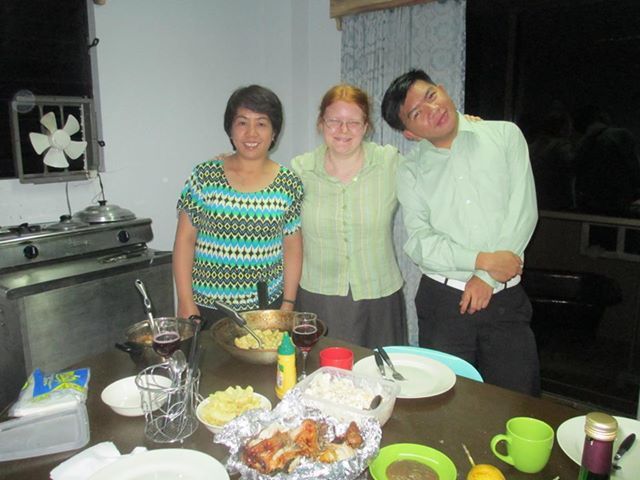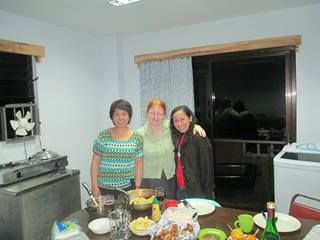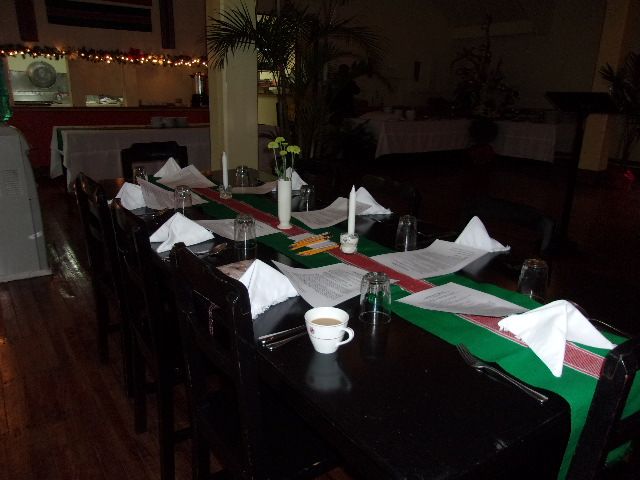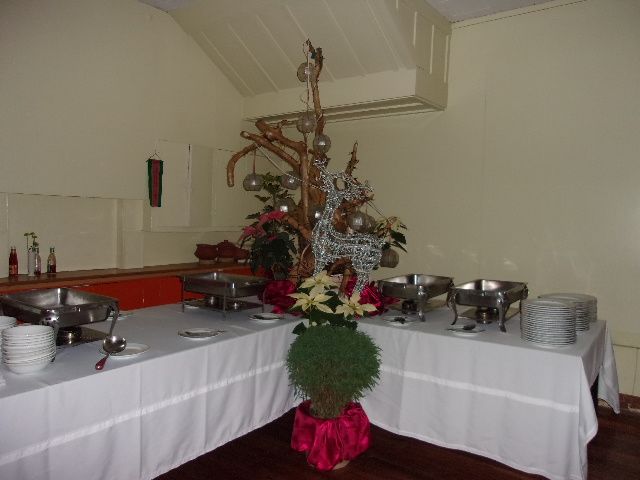I’ve been in the Philippines now for four months. I’ve taught children and adults, I’ve played
with babies, witnessed baptisms, marriages, and funerals. And I’ve written back home, pages and pages
worth of adventures. My parents collect
everything I write up into a journal of my adventures, with as many pictures as
they can harvest from my own blog accounts and facebook, and from those of
people who interact with me and tag me.
A few months ago, my father sent me a reflective e-mail
based somewhat on the poem I wrote. He
said that people back in my home church were asking what I did as a YASCer, and
what other YASC participants were doing.
He always starts off by giving the basic summary: YASC is a form of
mission work, like an Episcopal Church based Peace Corps. Then he’d go in to some details of what some
of us are doing, our work in teaching, health care, peace work, farming, or
social development. Often at that point
there are questions about why the church should send us. It would be a lot more cost-efficient
for the Episcopal church to just
establish grants with the local churches around the world and hire someone from
the area to do the job we’re doing.
And if the work were all there was to it, we could just do
that. If all I am here for is to teach
CE classes at the high school, then paying a small sum to give the current CE
trainers a bit more background in the subject would be a lot more
cost-efficient. If the Lay institute
really needed a course on science and religion, it could have asked one of the
science teachers at the college to pair up with a local priest. Logistically speaking, I’m not exactly
necessary.
But then the question arises, how would that build a
connection between the Episcopal Church in the US and the Philippine Episcopal
Church? A small sum of money given once
a year? That creates no real tie or
investment between communities. But a
person? A person who stays long enough
to get to know people? Who joins her
fellow teachers in witnessing the high school principal’s wedding, who can
laugh at pranks in the teacher’s lounge and get dragged over at the employee
Christmas party to sing the last few words of a song she’s not heard in
years?
YASC isn’t about the jobs we do, so much as it is about the
reasons we do those jobs. As it is about
the connections we make in the course of those jobs. I’m here to teach, but more I’m here to talk
about my knitting and teach a few interested seventh-graders the start. To play and blow bubbles for little kids, who
decide that my hair is golden and like Rapunzel’s. I’m here to see a bunch of different
churches, and to begin to understand the
community at my local church.
And when I’m back home, I won’t take back only the practical
experience of teaching courses and writing exams. I’ll take back the memory of cooking and
eating together with some of my fellow teachers. I’ll take back the memory of a bunch of women
I had just barely met dropping all of their plans to take me to a hot spring
together. I’ll take back learning to
dance Igorot style. I’ll take back
singing folk songs and old country songs for hours with new acquaintances. I’ll take back the memory of a December and
January that will be green and lush and blooming.
And I’ll take back that the Tagalog word for armpit is killi-killi,
because one of my seventh graders taught me that in a list of supposedly
helpful words.



